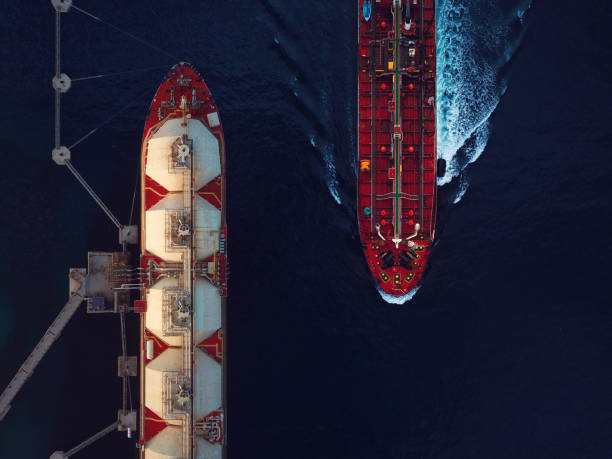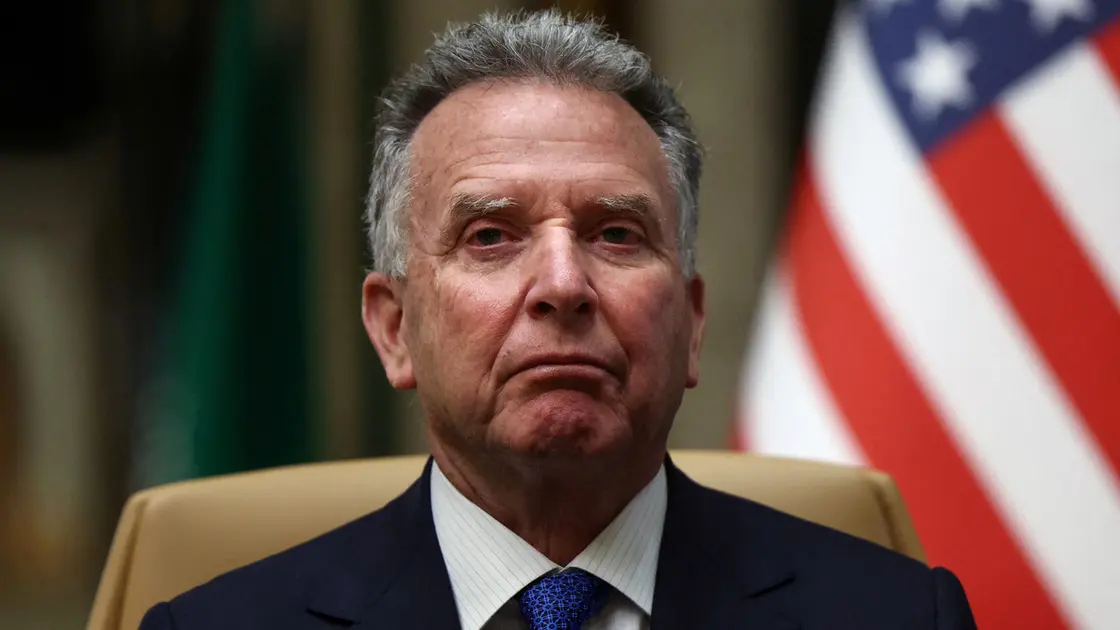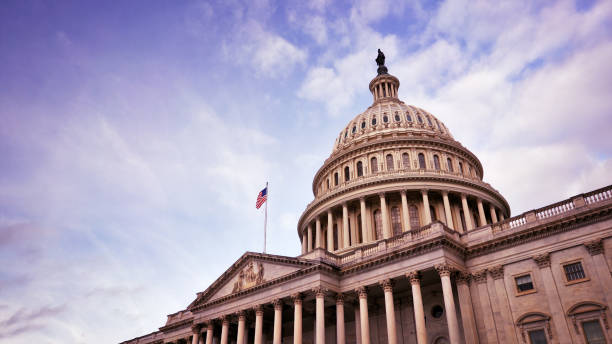Source Credit: AGBI
Liquefied Natural Gas (LNG) exports from Arab countries saw a 3% decline in 2024, with Algeria and Egypt leading the slump. The Kuwait-based Arab Energy Organization (AEO) attributed the decline to maintenance work at Algerian gas facilities and Egypt’s decision to halt exports to meet peak summer demand.
Arab LNG exports fell from 112 million tonnes in 2023 to 108.6 million tonnes in 2024, marking a temporary slowdown in the region’s energy output. However, Qatar and the UAE experienced growth in LNG production, mitigating some of the overall losses.
Algeria and Egypt: Key Factors Behind the Decline
- Algeria—The country experienced a notable drop in LNG exports due to maintenance work at key gas facilities, limiting output.
- Egypt—Authorities prioritized domestic energy needs, particularly during the high-demand summer months, leading to a temporary suspension of LNG exports.
Despite these setbacks, Arab countries still accounted for 26% of the global LNG trade in 2024, according to AEO Secretary-General Jamal Loughani.
Global LNG Market and Arab Contributions
- Global LNG supply grew by only 1.6% in 2024, the slowest annual growth since 2020.
- Projections indicate that LNG exports worldwide will increase by 4% in 2025, reaching 427 million tonnes, with Arab countries expected to contribute significantly to this growth.
The AEO also highlighted that multi-billion-dollar LNG projects across Arab nations are set to expand regional production capacity by 90 million tonnes per year, reaching 228 million tonnes annually from the current 138 million tonnes.
Qatar and UAE: Growth Amid Regional Decline
Unlike Algeria and Egypt, Qatar and the UAE experienced rising LNG production in 2024.
- Qatar, which holds the world’s third-largest natural gas reserves (after Russia and Iran), is spearheading LNG expansion efforts. The country aims to nearly double its LNG production to 142 million tonnes per year by 2030, up from 77 million tonnes per year currently.
- The UAE also saw growth in LNG exports, benefiting from its expanding natural gas infrastructure and new energy investments.
Looking Ahead: Arab LNG Market Expansion
Despite the temporary decline in 2024, the long-term outlook for Arab LNG exports remains strong.
- Major investments in infrastructure and new export agreements are expected to boost production capacity significantly.
- Qatar, UAE, and other Arab producers are set to increase their share in global LNG trade, capitalizing on growing global demand.
With Algeria expected to resume full-scale LNG production post-maintenance and Egypt exploring long-term LNG supply agreements, the Arab LNG sector is poised for recovery and expansion in 2025 and beyond.








